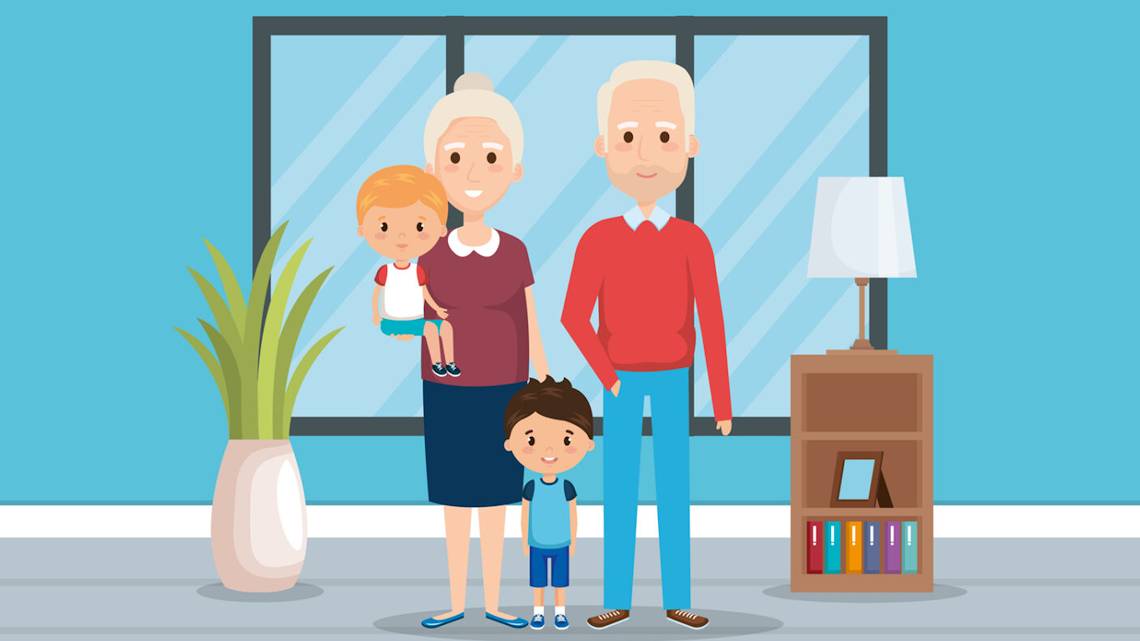
For all its benefits, reconciling cultural differences can impact mental health.
A vibrant and diverse city, Hong Kong is a cultural melting pot where East meets West. Cultural diversity enriches the fabric of everyday life: parents and children are exposed to a wide array of languages, traditions, and customs proven to foster a sense of open-mindedness, empathy, and appreciation for different cultures (Jami et al., 2024).
But for all its rich benefits, navigating cultural differences can add an extra layer of complexity to parenting. Understanding and reconciling collectivist eastern and individualistic western cultural differences, as well as traditional practices and modern ideals, can be both perplexing for parents and children and significantly impact mental health (Wu & Ou, 2023).
How can parents effectively navigate these interconnected aspects and foster a nurturing environment for our children?
Parenting and mental health
For many families, raising children in Hong Kong means navigating the delicate balance between preserving their own cultural heritage and embracing the local culture. It can be a challenge to instil a sense of identity and belonging in children who may feel disconnected from their parents’ homeland while also embracing the rich culture that Hong Kong has to offer.
Cultural differences can show up in how parents discipline their kids, how they communicate with them, and what they expect from them academically. Sometimes, these differences can lead to parent-child conflict.
As a result, parents may feel torn: they may experience feelings of guilt or inadequacy if they perceive themselves as falling short of societal or cultural expectations, and may experience self-doubt wondering if their approach is fair to their child. Adding an additional layer of complexity to raising children, navigating multiple cultural identities and expectations can significantly impact parental mental health.
Children’s mental health
For children growing up away from their homelands, reconciling their cultural heritage with the realities of their present environment can be a journey fraught with uncertainty and self-discovery. Questions of identity—Who am I? Where do I belong? – can often arise. Uncertainty in cultural identity can significantly impact children and adolescents’ mental health (Wu & Ou, 2023).
In addition to identity confusion, some cultures may place significant emphasis on academic excellence, which can contribute to stress, anxiety and depression (Chyu & Chen, 2022).
Challenges in communication and connection between parents and children, stemming from differences in parenting styles or parental stress, can hinder children’s ability to express their emotions and seek support when needed.

Supporting parents and children
Embracing and maintaining cultural identity is important for optimal mental health. There are many ways parents can support themselves and their children.
In the younger years, your child may simply follow your lead, observing and modelling your behaviours (Yousefi, 2023). In their adolescent years, identity exploration and formation is an essential part of their development. Particularly during this period, open communication, active listening and collaboration is important. Share the aspects of your cultural values and traditions that are meaningful to you, role model behaviours that are meaningful to you, encourage your child to ask questions and be open to them challenging traditions and customs while reminding them of your family values.
Through healthy relationships built on authentic communication, you and your child can hopefully find a way to maintain meaningful behaviours and values and if appropriate, adapt or let go (it may only be for a short time!) of what no longer serves. Research suggests the balance of parents’ acculturation and enculturation, rather than the maintenance of adoption of one culture over the other, can significantly benefit children and adolescents’ wellbeing (Calzada et al.,2009).
Support in the form of other parents within and outside of your cultural community can provide useful perspectives too.
Resources, such as parenting workshops can provide guidance too. The City Mental Health Alliance Hong Kong’ “Parents Toolkit,” a digital resource designed to assist Hong Kong parents in supporting their children’s mental health with information and resources covering children’s brain and emotional development, as well as addressing potential mental health challenges faced by young children and adolescents. There are a multitude of counsellors in Hong Kong that can help parents and children navigating cultural and identity challenges too.
References
Calzada, E. J., Brotman, L. M., Huang, K. Y., Bat-Chava, Y., & Kingston, S. (2009). Parent cultural adaptation and child functioning in culturally diverse, urban families of preschoolers. Journal of Applied Developmental Psychology, 30(4), 515–524. https://doi.org/10.1016/j.appdev.2008.12.033
Chyu, E. P. Y., & Chen, J. K. (2022). The correlates of academic stress in Hong Kong. International Journal of Environmental Research and Public Health, 19(7), 4009. https://doi.org/10.3390/ijerph19074009
Jami, P.Y., Walker, D.I. & Mansouri, B.(2024). Interaction of empathy and culture: A review. Current Psychology, 43, 2965–2980. https://doi.org/10.1007/s12144-023-04422-6
Wu, Q., & Ou, Y. (2023). Does “who I am” influence “how I feel”? Cultural identity and mental health among Hong Kong Chinese adolescents. Journal of Community Psychology, 51(2), 648–661. https://doi.org/10.1002/jcop.22827
Yousefi, F. (2023). Parents as role model for social behavior of children: A case study of the short story “A Doll’s House” by Katherine Mansfield. Journal of Critical Studies in Language and Literature, 4(6), 20-27.
Recently Added
Adaptogens are a class of natural herbs, roots, and mushrooms that assist the body in adapting to stressors in the environment. These …
The journey of raising children comes with countless moments where they need our support and guidance. Whether our children are typically developing …
The World Infant, Child and Adolescent Mental Health Day was first initiated to highlight the importance of mental health, starting from the …




